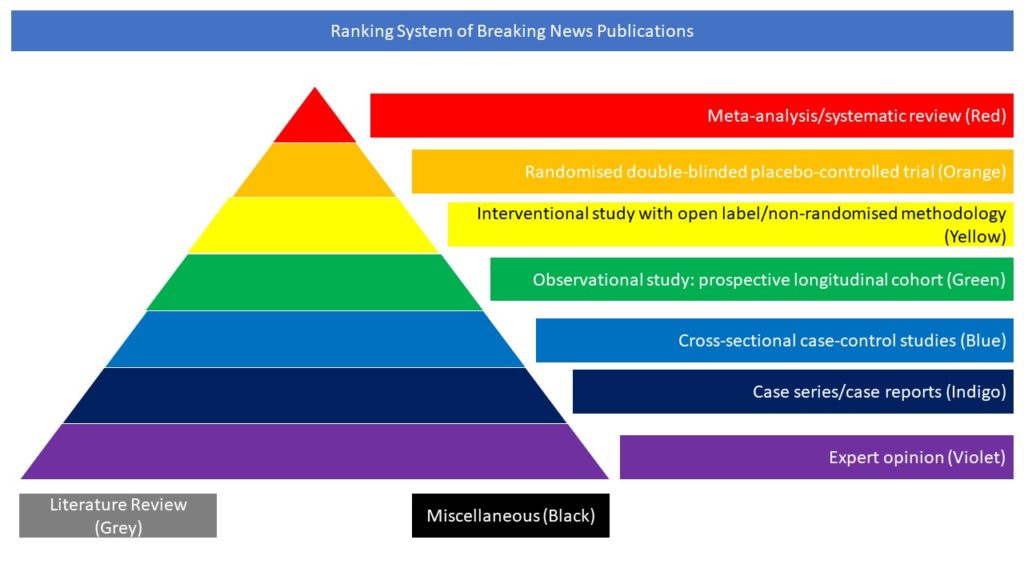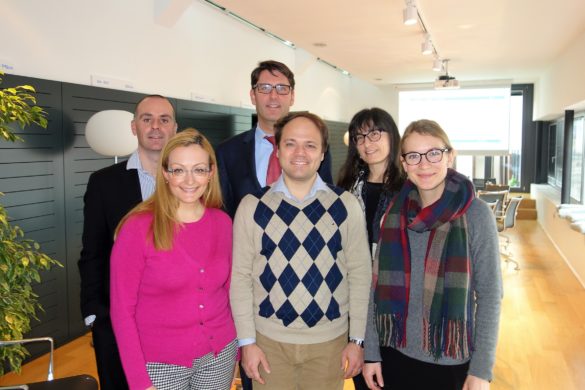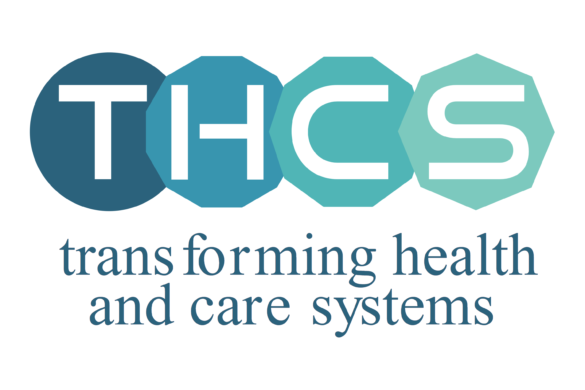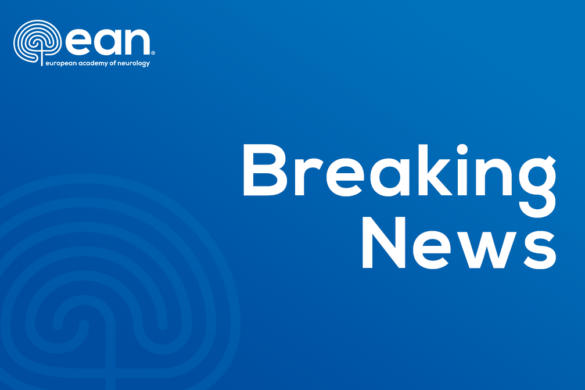Case series/case reports (Indigo)
The objective of this study was to garner the views of young people with epilepsy and caregivers regarding the impact of COVID-19 and subsequent restrictions in the UK. An online survey was used to explore the views of young people with epilepsy (n = 71) and caregivers (n = 130) in June 2020. It included questions on the impact of the pandemic and associated restrictions on the child’s epilepsy and on child and parental wellbeing. One in three young people and 29 % of caregivers reported that the young person’s seizures had increased during the pandemic (only 10 % of young people and 8% of caregivers reported a decrease). Half of young people reported that they were more reluctant to go to hospital. Thirty-one percent of young people and 20 % of parents reported difficulties getting epilepsy medication whilst a significant minority of young people (18 %) and caregivers (25 %) reported that the young person had investigations/assessments cancelled by their hospital. The majority of young people reported their sleep (72 %), mood (64 %) and levels of physical activity (53 %) had deteriorated. Caregivers experienced increases in stress (55 %) and anxiety (52 %). Epilepsy nurses were seen as the most helpful support.
The authors concluded that these results indicate that the pandemic and associated restrictions have had a negative impact on young people with epilepsy. Perceived increases in seizures, reluctance to go to hospital and cancelled investigations are likely to impact on epilepsy management. The wider psychosocial impact is also likely to be significant with increases in child and caregiver mental health problems in an already vulnerable group.













